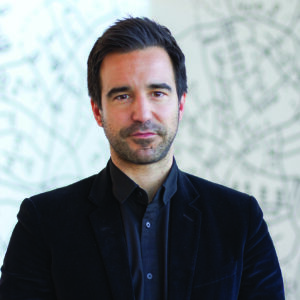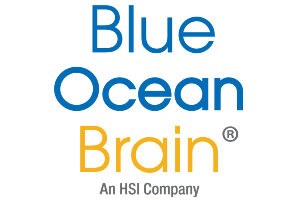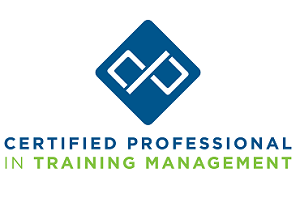Leadership is rooted in the ability to persuade a group of people to collaborate effectively in the pursuit of a valuable goal. And contrary to popular belief, leadership is an ability rather than a role or job title. In fact, most leadership challenges are a direct result of a recurring issue: That a large number of people who occupy leadership roles (i.e., positions of power, influence and responsibility within an organization) actually have very limited talent for leadership. Thus, inclusive leaders are all too often an exception, not the norm.
My latest book, “Why Do So Many Incompetent Men Become Leaders (And How to Fix It),” highlights the reality that most companies promote people into leadership positions based on their confidence and charisma rather than competence and humility, which creates a significant disconnect between the factors that help individuals climb to the top of the organizational ladder and those needed to effectively manage people.
Indeed, the very qualities that make people unfit for leadership are often an asset for catapulting them into leadership roles.
What does this mean for diversity and inclusion? The rising interest in this area is no doubt indicative of progress toward greater equality for all. But inclusivity has always been paramount to effective leadership. After all, leaders are called to bring people together in pursuit of a shared goal or purpose; they form teams with a strong sense of psychological safety. They know that they work better together.
Of course, this need is even higher when groups are cognitively or demographically diverse, something that is profoundly novel and unusual relative to our evolutionary history. Consider that most of our ancestors worked and lived only with a small group of people who were very close to them culturally and genetically, and that for the most part of human history there were clear risks and disadvantages to going outside our own in-group to meet people and explore the world. In other words, our ancestors spent most of their lives making the world as predictable and familiar as possible, and distrusting outsiders, if not fearing and fighting them. This may explain why even today, in what we call a hyper-connected and globalized world, only 3.4% of world’s population consists of migrant workers – people who work outside their country of birth.
So, it’s precisely because we aren’t prewired for diversity and inclusion that leadership is needed. Leadership has always been a resource for the group, something that helps different people temporarily set aside their individual experiences, ideas and differences, to come together as a cohesive unit where the whole is more valuable than the individual sum of its parts. Organizations across industries need competent and empathetic leaders who are able to understand different perspectives, leverage the distributed knowledge of teams and unite rather than divide. Thus, leadership development should prioritize critical soft skills like active listening, self-awareness and empathy.
While organizations are growing their diversity and inclusion (D&I) budgets to develop and coach inclusive leadership, it is hard to achieve much progress unless leaders are chosen for their potential and talent to begin with. The COVID-19 pandemic proved that organizations, teams, and societies are much better off when they are guided by individuals who have good technical expertise, are curious, rational, humble, honest and caring. Perhaps this is the obvious solution to our D&I problems: To identify, promote and develop more inclusive leaders.
Paradoxically, this implies that if you want more inclusive leaders, you need to start by making leadership more exclusive: You need to only select and develop leaders who are inclusive.
Assessing leadership potential rather than past performance or technical credentials will perhaps do more to elevate the return on investment (ROI) of leadership training than any other measure.
Imagine a world in which organizations invest the majority of their training resources on selecting, developing and supporting inclusive leaders. Boosting their technical expertise, people skills, adaptability and ability to align training to business goals, will help them go from good to great and harness their existing potential. In short, organizations should consider leaders’ coachability, and willingness to change, from the beginning.
Martin Scorsese has stated on several occasions that casting is 90% of directing — we should apply the same mantra to the leadership development industry. In doing so, we’ll see a more inclusive leadership cast now and in the future.



